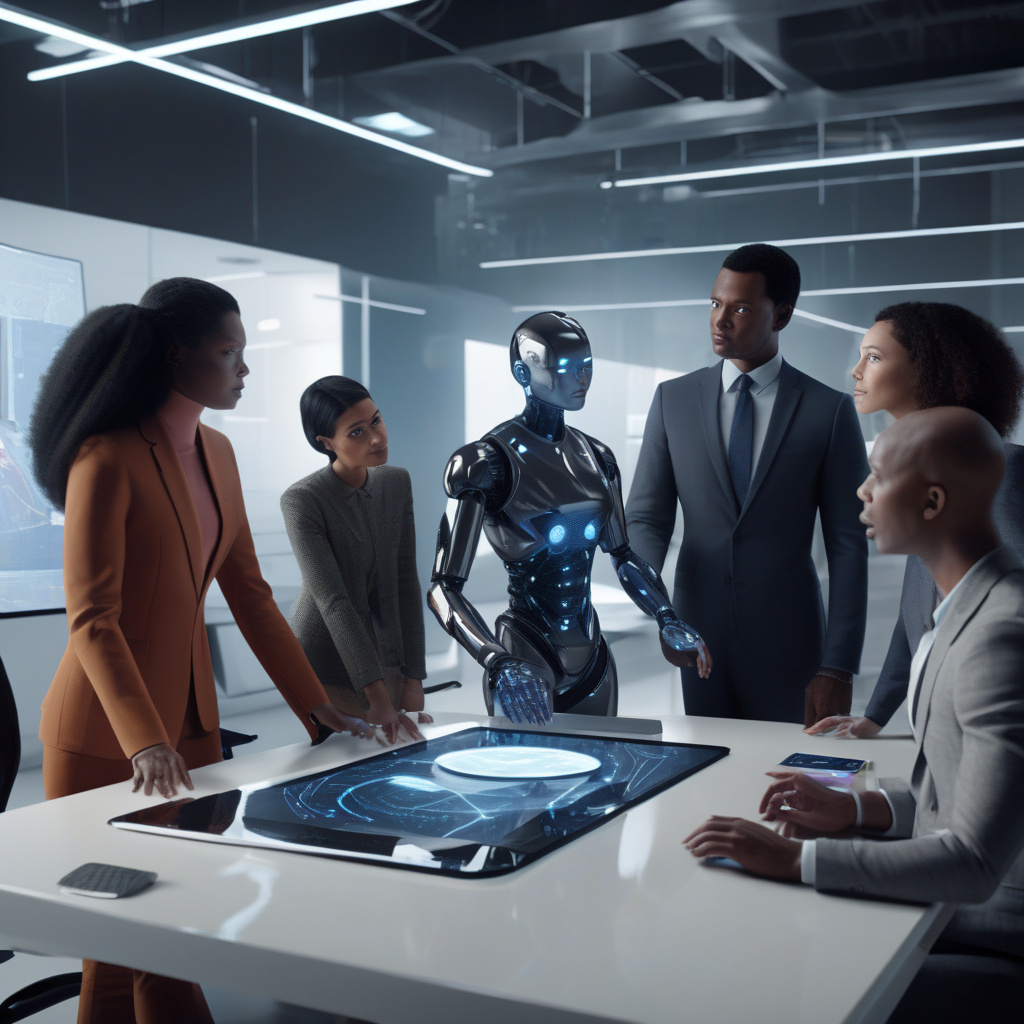Agentic AI: The Next Frontier of AI Power
Artificial Intelligence (AI) has been a transformative force in various industries, but the emergence of Agentic AI represents a significant leap forward. On November 30, 2022, OpenAI unveiled ChatGPT, a generative AI model that captivated the tech world and set the stage for the rise of Agentic AI.
So, what sets Agentic AI apart from traditional AI systems? Unlike conventional AI, which follows pre-programmed instructions, Agentic AI possesses a level of autonomy and decision-making capabilities that enable it to operate independently in complex environments. This newfound autonomy allows Agentic AI to adapt to novel situations, learn from experience, and make decisions without human intervention.
Imagine a scenario where a self-driving car encounters a road closure. Instead of being stumped by the unexpected obstacle, an Agentic AI-powered vehicle can analyze the situation, consider alternative routes, and make real-time decisions to reach its destination efficiently. This level of adaptability and autonomy opens up a world of possibilities across industries, from healthcare and finance to logistics and beyond.
One of the key drivers behind the development of Agentic AI is the quest for more human-like interactions between machines and users. By imbuing AI systems with agentic capabilities, developers aim to create AI assistants that can engage in meaningful conversations, understand context, and anticipate user needs proactively. This shift towards more agentic AI experiences is revolutionizing customer service, virtual assistants, and personalized recommendations, enhancing user satisfaction and engagement.
Moreover, Agentic AI is poised to revolutionize data analysis and decision-making processes. Traditional AI models excel at processing vast amounts of data but may struggle with interpreting nuanced information or making judgments in ambiguous situations. In contrast, Agentic AI’s ability to reason, learn, and adapt enables it to handle complex data sets, identify patterns, and generate insights that drive informed decision-making.
For instance, in the healthcare sector, Agentic AI can analyze patient data, medical records, and research findings to recommend personalized treatment plans, predict disease outcomes, and optimize healthcare delivery. By harnessing the power of Agentic AI, healthcare providers can enhance patient care, streamline operations, and improve overall outcomes.
The implications of Agentic AI extend beyond individual industries, shaping the future of work, society, and technology at large. As AI systems become more autonomous and agentic, ethical considerations around accountability, transparency, and bias mitigation come to the forefront. It is crucial for developers, policymakers, and stakeholders to collaborate in defining ethical guidelines and regulatory frameworks that ensure the responsible deployment of Agentic AI technologies.
In conclusion, Agentic AI represents the next frontier of AI power, unlocking new possibilities for autonomous decision-making, human-machine interactions, and data-driven insights. By embracing the potential of Agentic AI, organizations can drive innovation, enhance customer experiences, and propel the evolution of AI towards greater autonomy and intelligence. The journey towards Agentic AI is just beginning, promising a future where machines not only assist us but also collaborate with us in shaping a smarter, more connected world.

